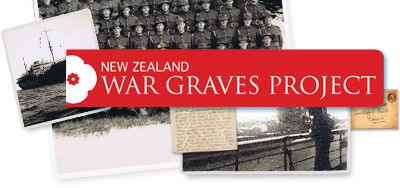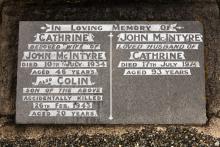“An inquest into the deaths of Second-Lieutenant J. Transom (Taihape) and Privates G. E. Algie (Hawera), C. F. Mclntyre (Whakatane), and E. C. C. Lett (Wanganui), who died of injuries received when a military tank overturned near Foxton on February 25, was opened by Mr A. J. Graham, Coroner. After the evidence of Captain F. C. Hutchison, N.Z.M.C.', Dr. Alan Smith, house surgeon at the Palmerston North Hospital, and Trooper William Growcott, driver of the tank, had been heard, the proceedings were held up because an important witness had not arrived. The Coroner eventually adjourned the inquest sine die, expressing strong disapproval of the action of the military authorities in not having this essential witness in attendance.
Captain Hutchison said he found the tank overturned at the foot of a 10 foot bank. A number of men were lying about, and others, some dead, were pinned under the tank. He did what he could for the injured men. Of those pinned underneath the tank three were dead. He had no doubt that they had died instantly, for all three had sustained crushing injuries to the chest and head. There were other men injured, some seriously, and one. Lett, was very seriously injured. Lett subsequently died. Trooper Growcott, the driver of the tank, said that Lieutenant Transom was in command of the tank. He was driving along a well-defined track when he received the order: “Drive right.” He did so, and travelled about 100 yards through scrub up a small gully. The tank was six feet from a cabbage tree when he complied with another order: “Drive right."
He carried on slowly for a short distance, when he felt the tank slipping, and he pulled the control in order to get the tank to "nose” downhill. The tank failed to answer and rolled over.
In answer to the Coroner the witness said that, they were driving with the tank open and that he could not see where he was going because of the dense manuka through which they were travelling. He received driving orders through a telephone. There were infantrymen on the tank, though he could not say how many. He had been warned to go steadily because there were infantrymen aboard. He was going very slowly at the time of the accident, and he considered that had the tank been travelling faster it would have answered to the controls. The accident would not have happened if the tank had not slipped away. [Press, Volume LXXIX, Issue 23912, 2 April 1943, Page 4]


